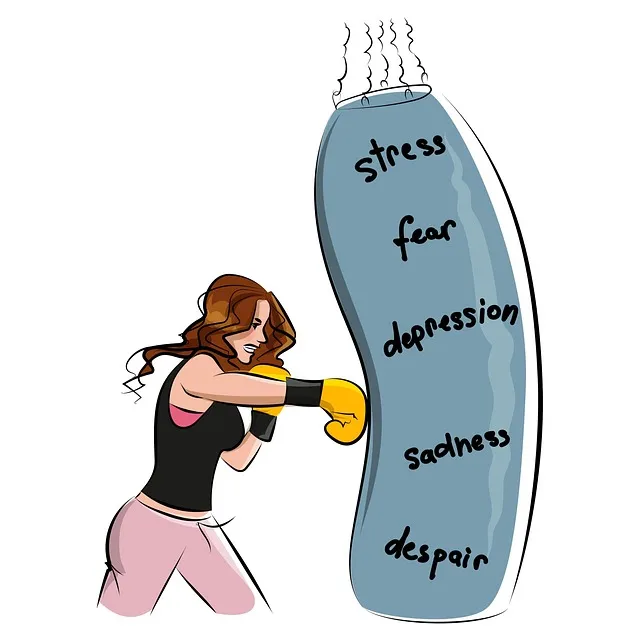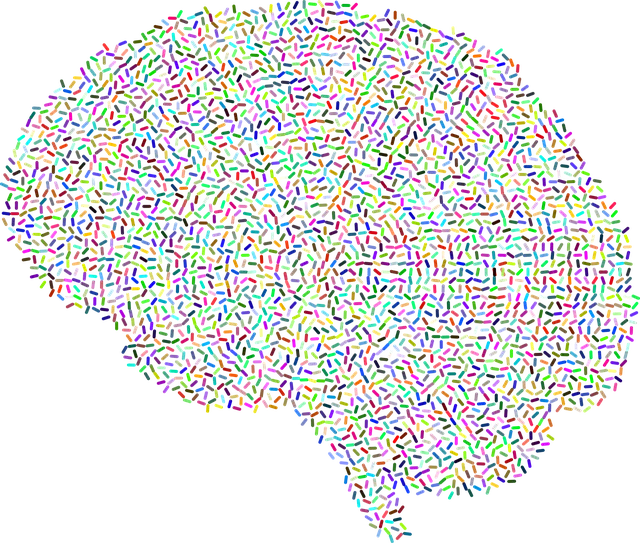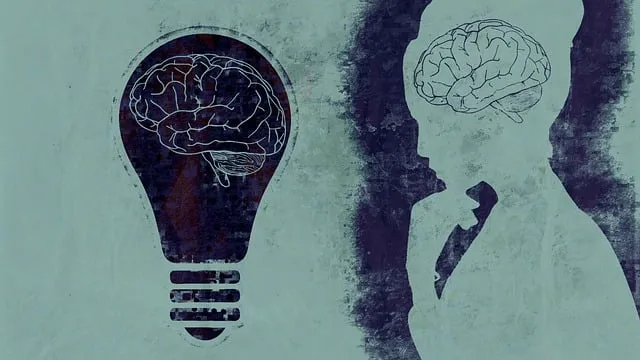The Aurora Kaiser Permanente (AKP) mental health facility offers holistic mental well-being services, combining traditional therapy with modern media. Their comprehensive programs, tailored to community needs and evidence-based, include CBT, mindfulness, and stress management tools. Through interactive content, emotional intelligence integration, and real-life examples, AKP creates engaging education for diverse audiences. They prioritize burnout prevention for staff, leveraging global innovations and individual-focused coaching. Continuous improvement is ensured through regular evaluations, feedback, and clinical expert reviews, resulting in high-quality programs with better mental health outcomes.
“Explore the comprehensive design of a mental health education program inspired by Aurora Kaiser Permanente’s leading facility. This article delves into the strategic creation of an engaging, effective program tailored to diverse audiences. From understanding the unique mission of Aurora’s mental health services to incorporating evidence-based practices, we guide you through each step. Learn how to design content, ensure accessibility, and implement evaluation methods for continuous improvement. Discover the key components that make this program a game-changer in mental health education, mirroring Aurora Kaiser Permanente’s commitment to excellence.”
- Understanding Aurora Kaiser Permanente's Mental Health Facility and its Mission
- Identifying Key Components for an Effective Education Program
- Designing Engaging Content and Activities for Diverse Audiences
- Incorporating Evidence-Based Practices and Strategies
- Evaluation, Feedback, and Continuous Improvement Methods
Understanding Aurora Kaiser Permanente's Mental Health Facility and its Mission

Aurora Kaiser Permanente’s Mental Health Facility stands as a beacon of hope and healing for countless individuals seeking support for their mental well-being. This dedicated facility embraces a holistic approach, recognizing that mental health is an integral part of overall wellness. With a mission to empower and educate, the center offers a comprehensive range of services tailored to meet diverse needs. From individual therapy sessions to group support programs, the expertise lies in fostering resilience and promoting positive mental health practices.
The facility’s innovative programming includes Social Skills Training, designed to enhance interpersonal connections and build coping strategies. Additionally, they organize a Mental Wellness Podcast Series Production, utilizing modern media to reach a wider audience with evidence-based content. By combining traditional therapy with cutting-edge communication tools, Aurora Kaiser Permanente ensures that individuals have access to effective Stress Reduction Methods, ultimately contributing to improved mental health outcomes within the community.
Identifying Key Components for an Effective Education Program

An effective mental health education program should be multifaceted and tailored to address the unique needs of the Aurora Kaiser Permanente mental health facility’s community. First and foremost, incorporating evidence-based practices ensures that participants gain access to validated strategies for managing and preventing mental health issues like depression and burnout. This includes training in cognitive behavioral therapy (CBT), mindfulness techniques, and stress management tools shown to be effective in clinical settings.
In addition to evidence-based content, robust Risk Management Planning for Mental Health Professionals is integral. This involves teaching professionals how to navigate difficult situations ethically, manage crisis interventions safely, and prioritize self-care to prevent burnout. By integrating these components, the program fosters a supportive learning environment that equips individuals with the skills necessary to provide quality care while safeguarding their own mental well-being.
Designing Engaging Content and Activities for Diverse Audiences

At the Aurora Kaiser Permanente mental health facility, designing engaging content and activities for diverse audiences is paramount to fostering effective mental wellness education. The program must cater to individuals from various backgrounds, ages, and emotional healing processes, ensuring that each participant feels included and valued. Incorporating interactive elements like role-playing scenarios, group discussions, and multimedia presentations can enhance learning experiences, making complex topics more accessible and relatable.
Emotional intelligence, a cornerstone of mental wellness, should be woven into every activity. This involves encouraging self-awareness, empathy, and effective communication skills. By facilitating activities that challenge stereotypes and promote open conversations about mental health, the program aims to build a supportive environment where everyone can contribute and learn from each other. Utilizing real-life examples and case studies relevant to the Aurora Kaiser Permanente community further personalizes the educational experience.
Incorporating Evidence-Based Practices and Strategies

At the Aurora Kaiser Permanente mental health facility, incorporating evidence-based practices and strategies is a cornerstone of program design. This approach ensures that interventions are effective and aligned with the latest research in mental health care. For instance, integrating cognitive-behavioral therapy (CBT) techniques has shown significant results in treating anxiety and depression, empowering patients to manage their conditions effectively. Additionally, mindfulness-based stress reduction programs have been incorporated to address burnout prevention strategies for healthcare providers, fostering a healthier work-life balance.
The Mental Health Policy Analysis and Advocacy team at Aurora Kaiser Permanente plays a crucial role in identifying innovative practices from around the globe. They collaborate with experts to develop Mental Wellness Coaching Programs that cater to diverse patient needs. By combining evidence-based techniques with a patient-centered approach, the facility strives to enhance mental wellness outcomes while also implementing Burnout Prevention Strategies for Healthcare Providers to maintain a supportive and sustainable work environment.
Evaluation, Feedback, and Continuous Improvement Methods

At the Aurora Kaiser Permanente mental health facility, evaluation, feedback, and continuous improvement methods are integral to program design and effectiveness. Regular assessments are conducted using standardized tools and surveys to gauge participants’ knowledge gain, attitude shifts, and skill development in areas such as stress management, emotional regulation, and communication strategies. These evaluations provide a comprehensive view of the program’s success and identify areas for enhancement.
Feedback from participants plays a pivotal role in refining the mental health education programs. Open-ended questions and focus groups are employed to gather insights on what worked well and what could be improved. By incorporating participant feedback, the facility ensures that the curriculum aligns with their needs and preferences, fostering higher engagement and better outcomes. Additionally, regular reviews by clinical experts and faculty members facilitate a holistic evaluation process, enhancing the overall quality of the program, including confidence-boosting components and community outreach program implementation strategies.
Aurora Kaiser Permanente’s commitment to mental health education is a vital step towards fostering a healthier community. By incorporating key components like evidence-based practices, diverse engagement strategies, and continuous improvement, their program can effectively reach and support various audiences. This structured approach ensures that the Aurora Kaiser Permanente mental health facility remains a beacon of hope and guidance for those seeking support, contributing to improved mental well-being on a broader scale.


